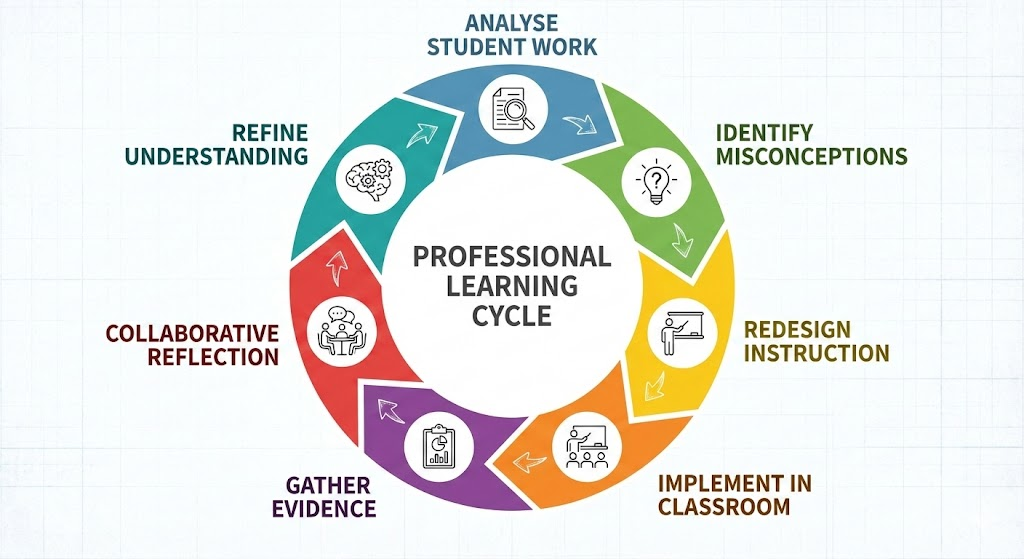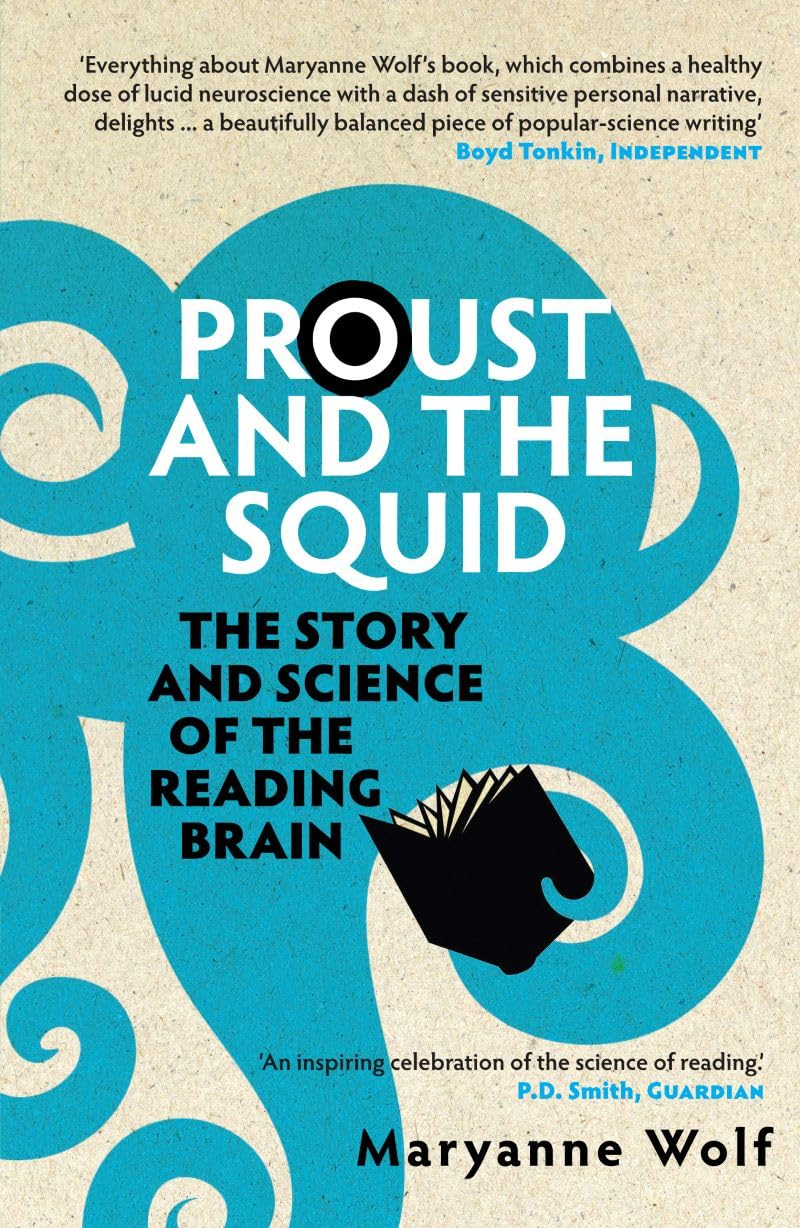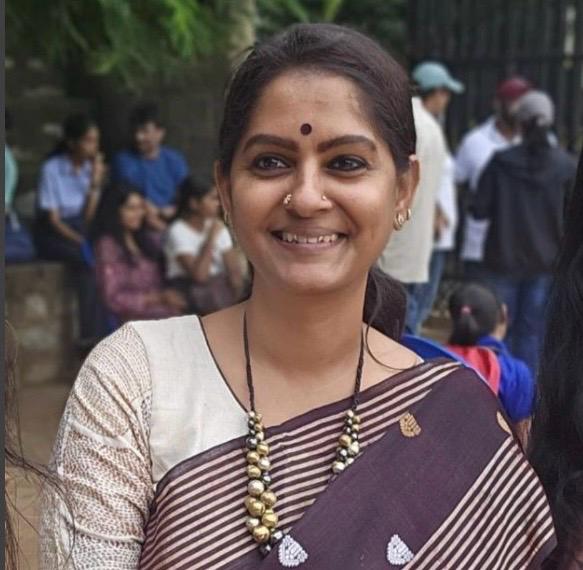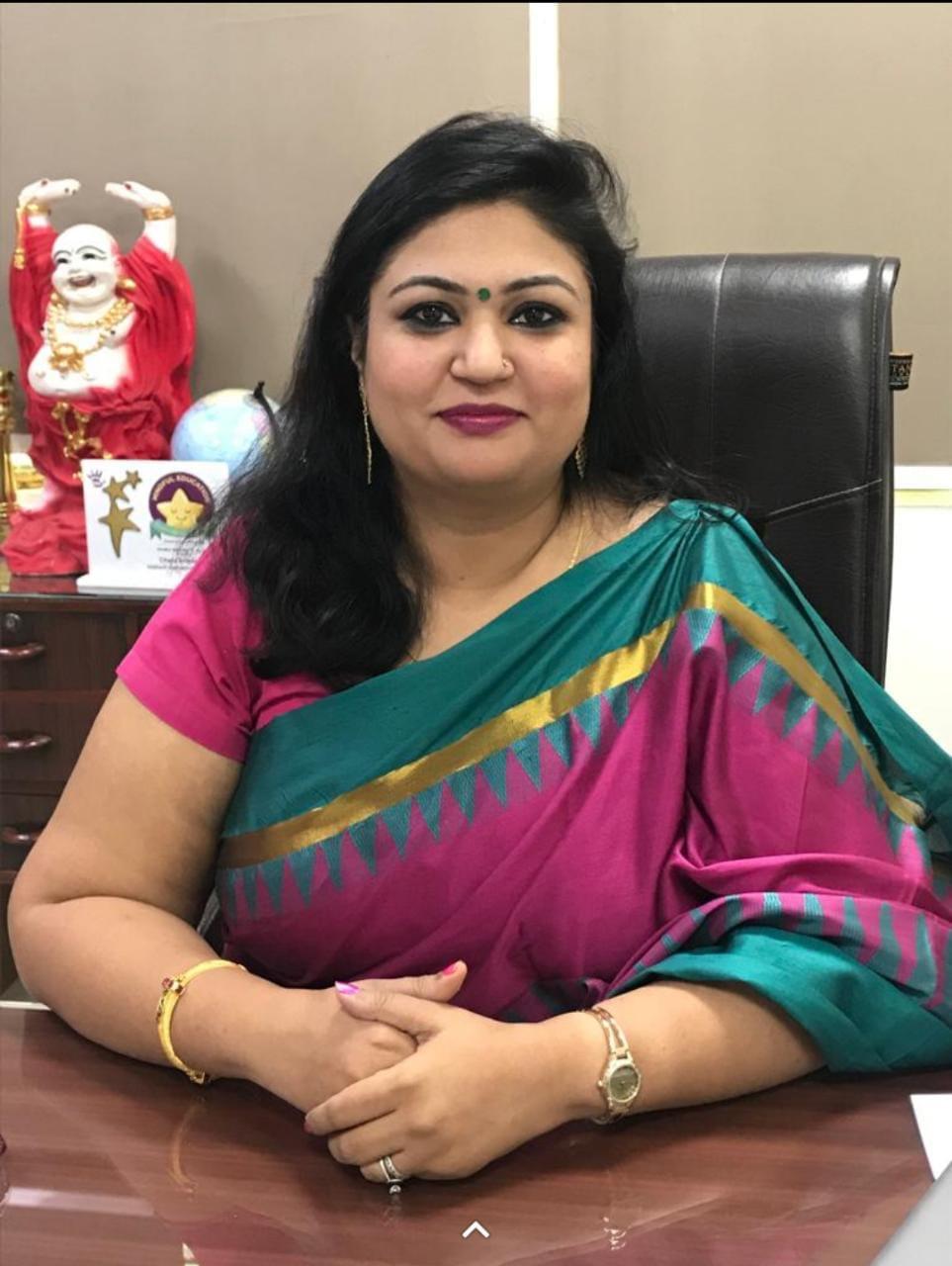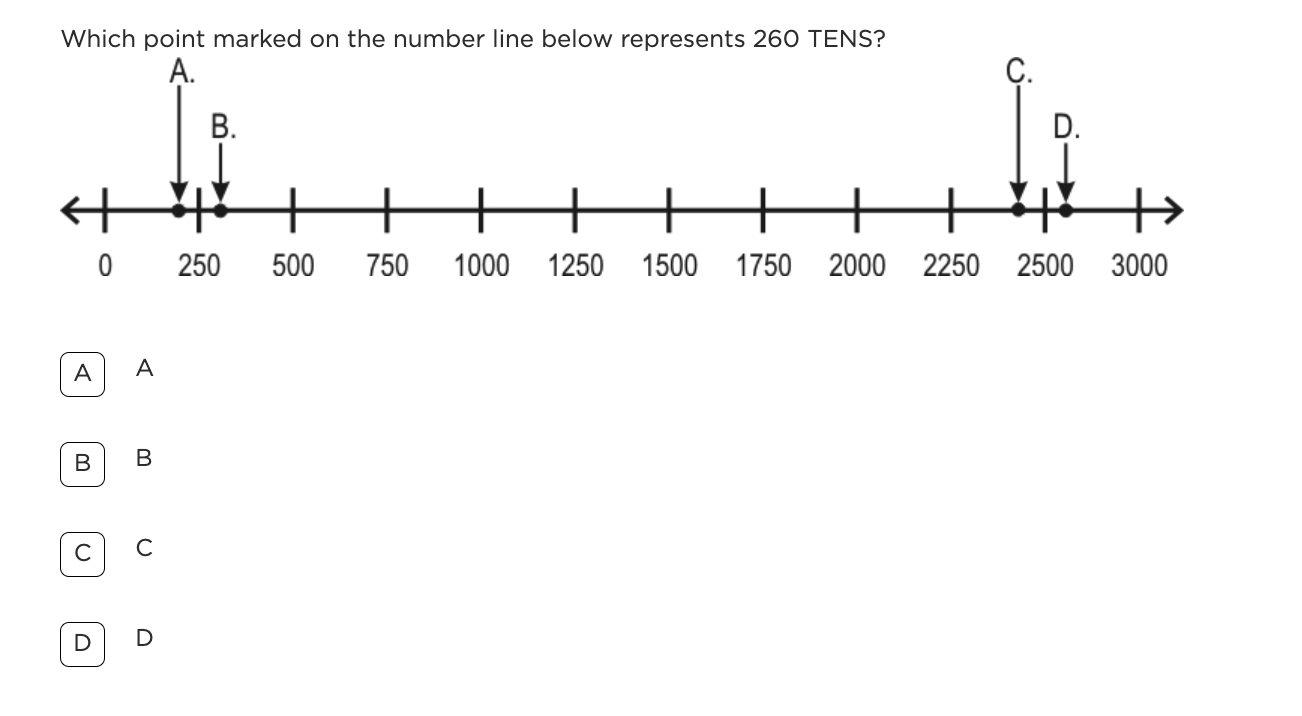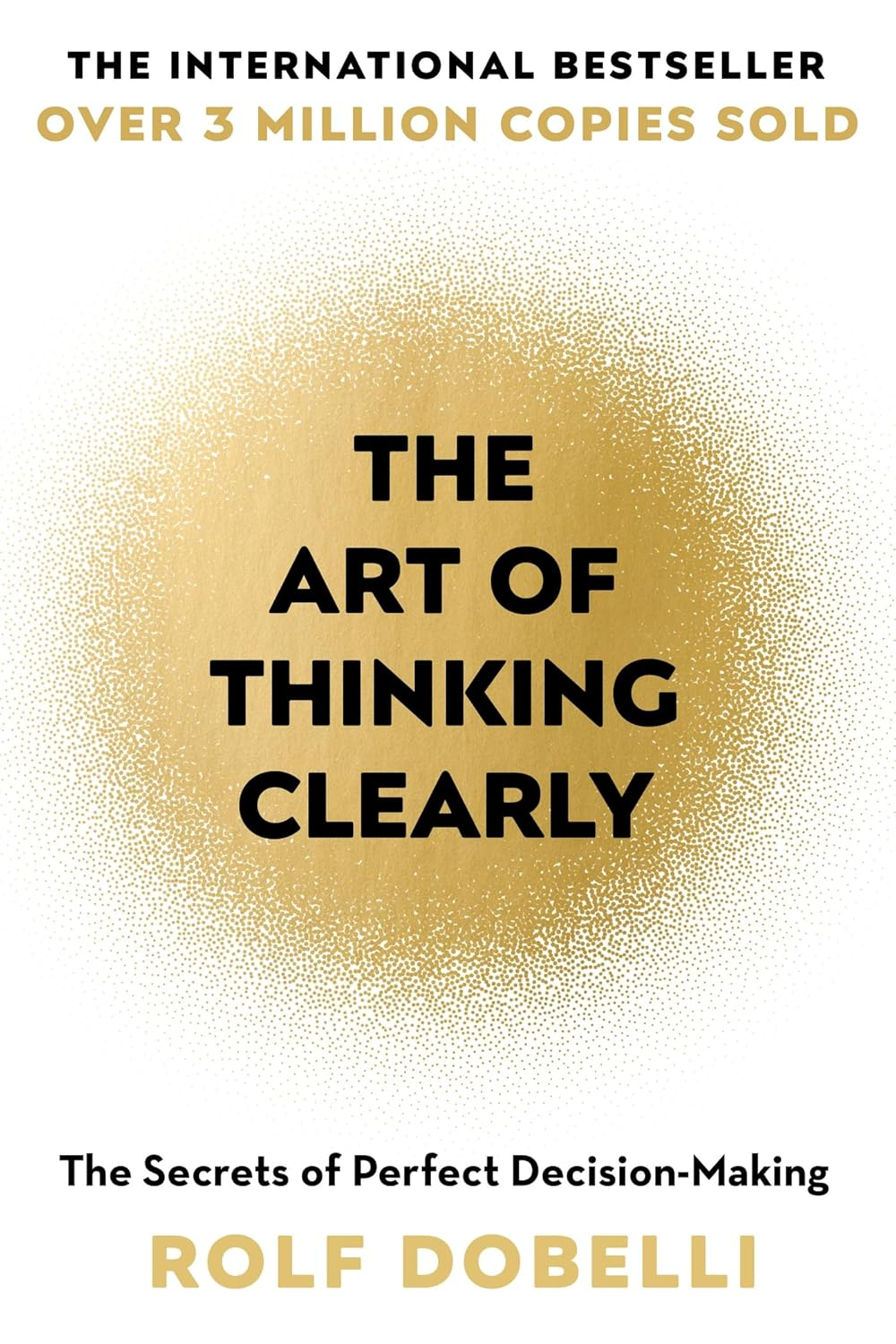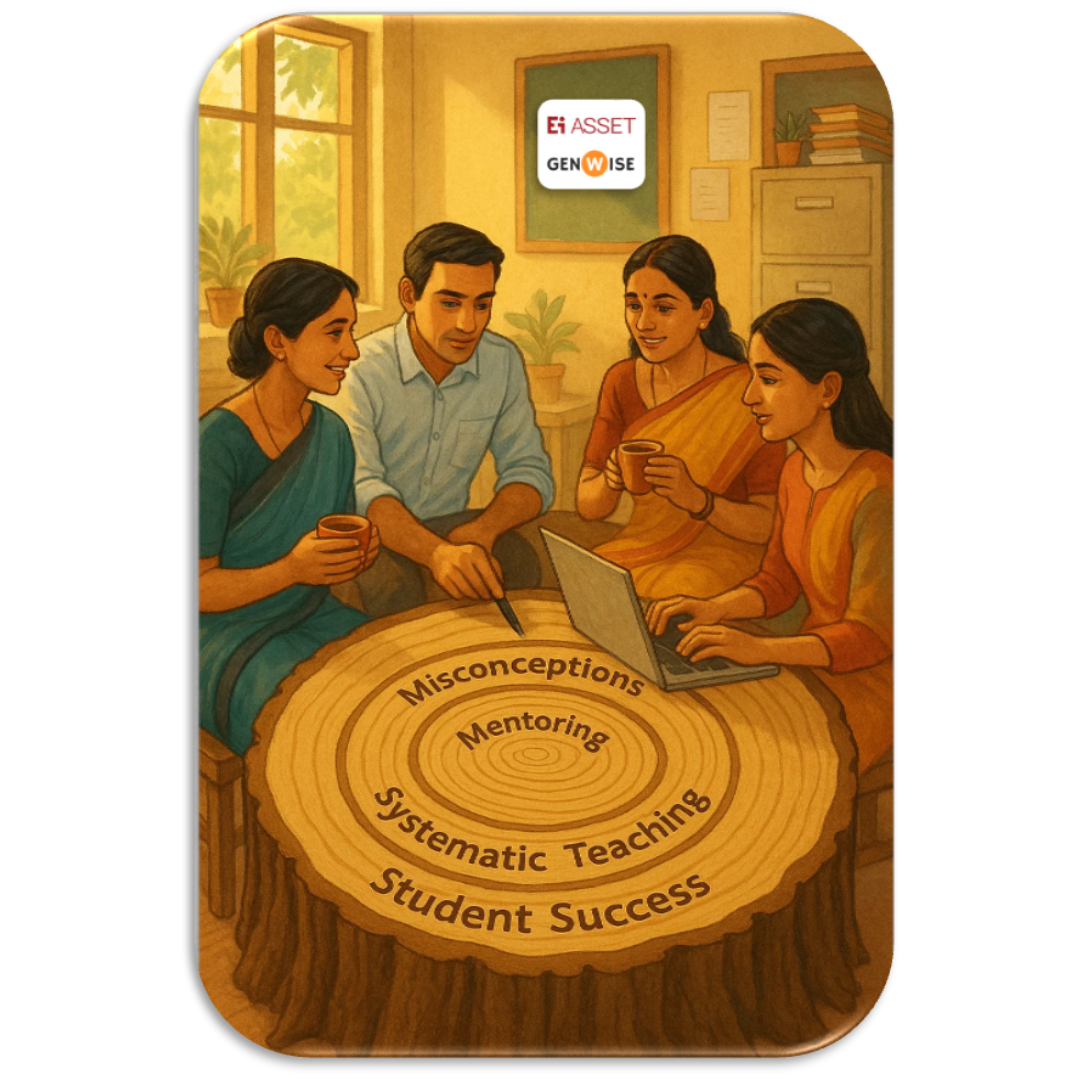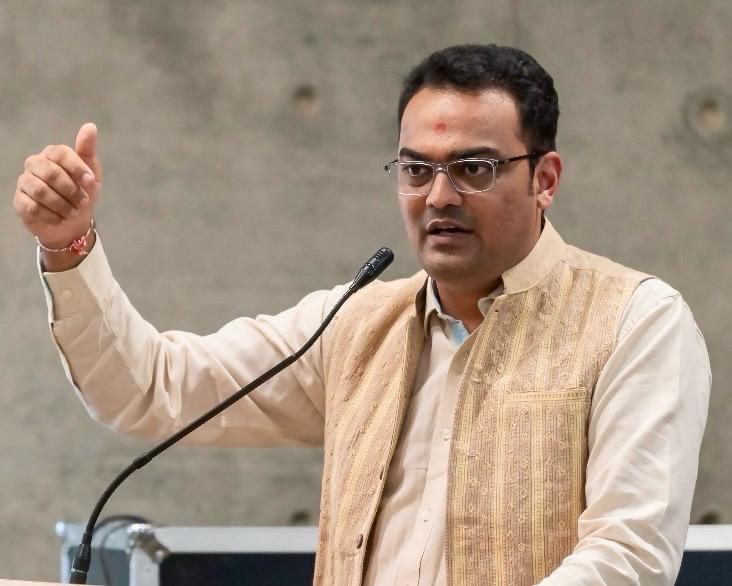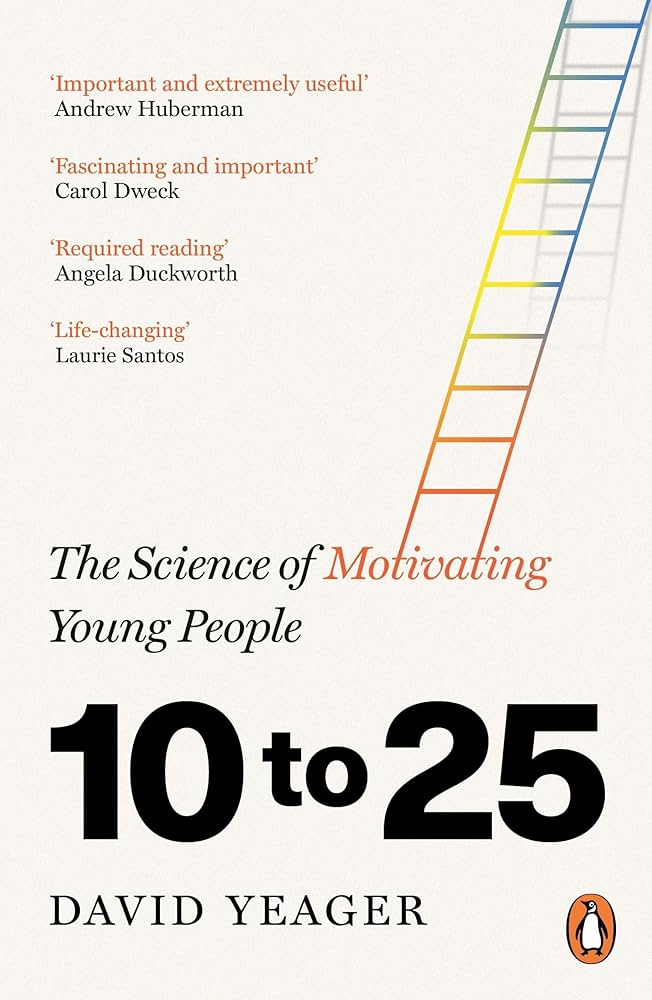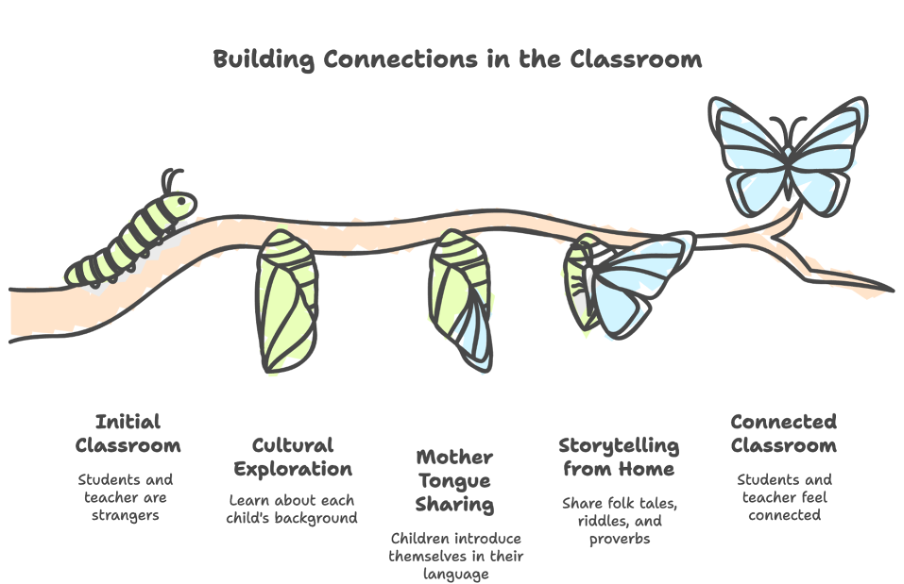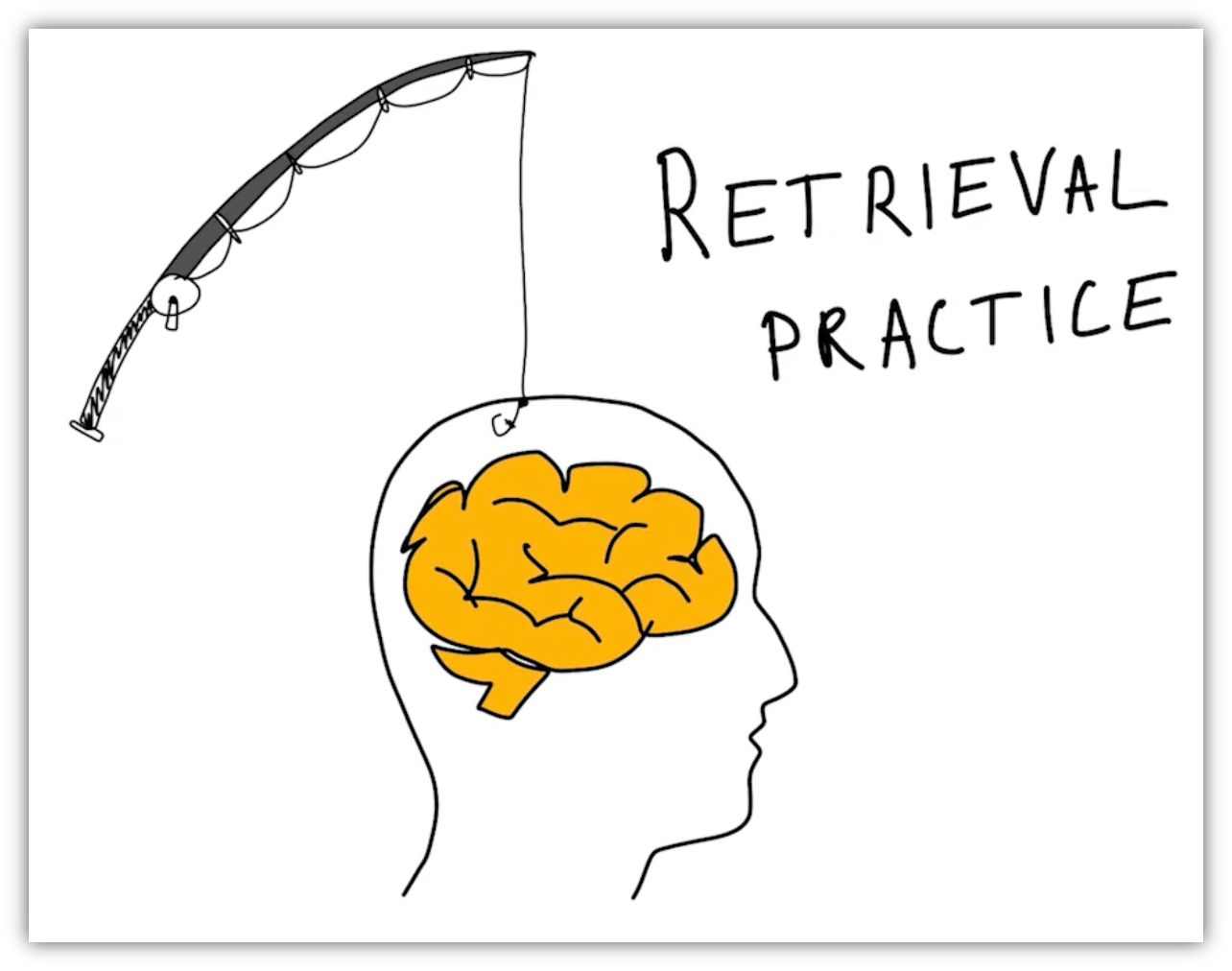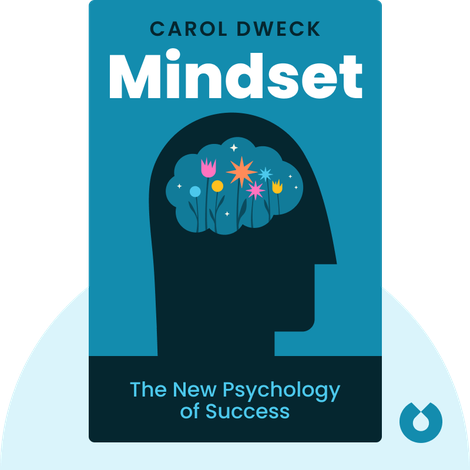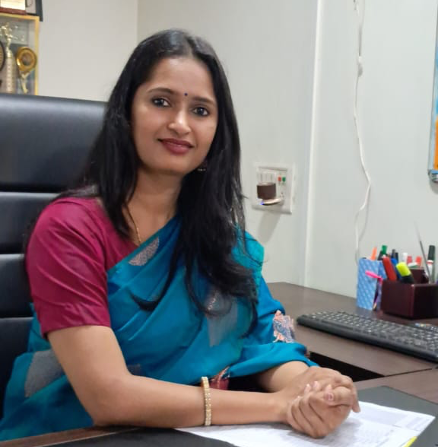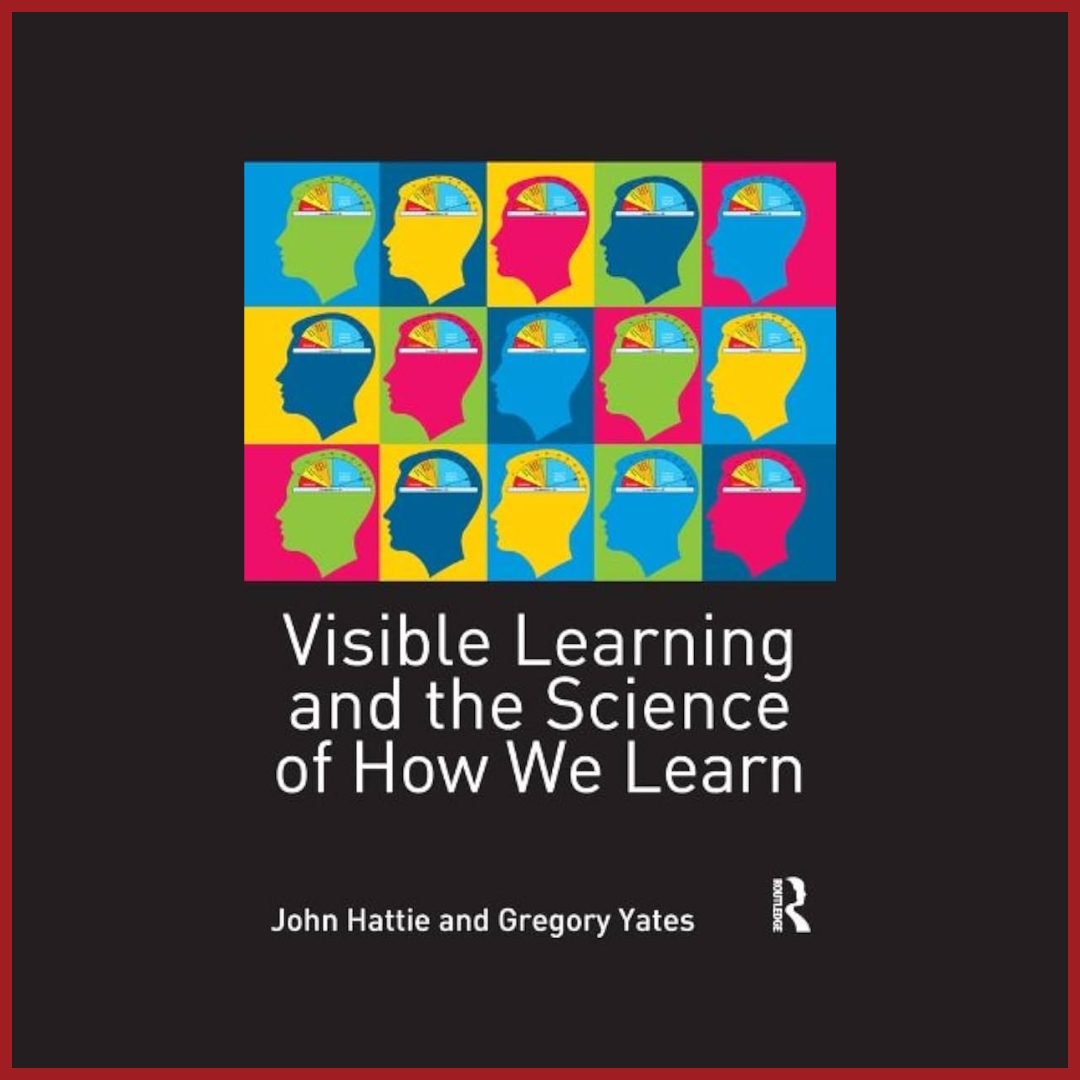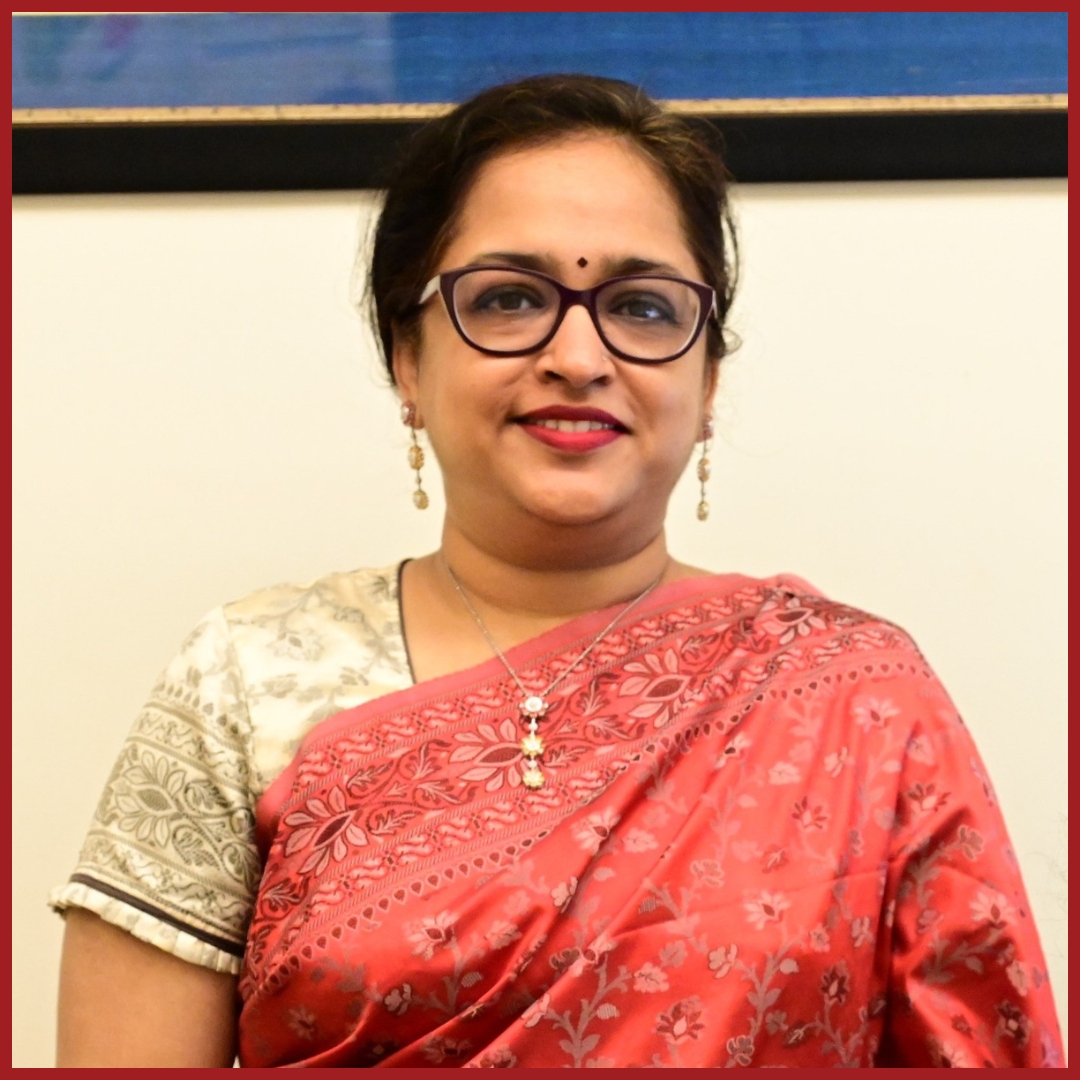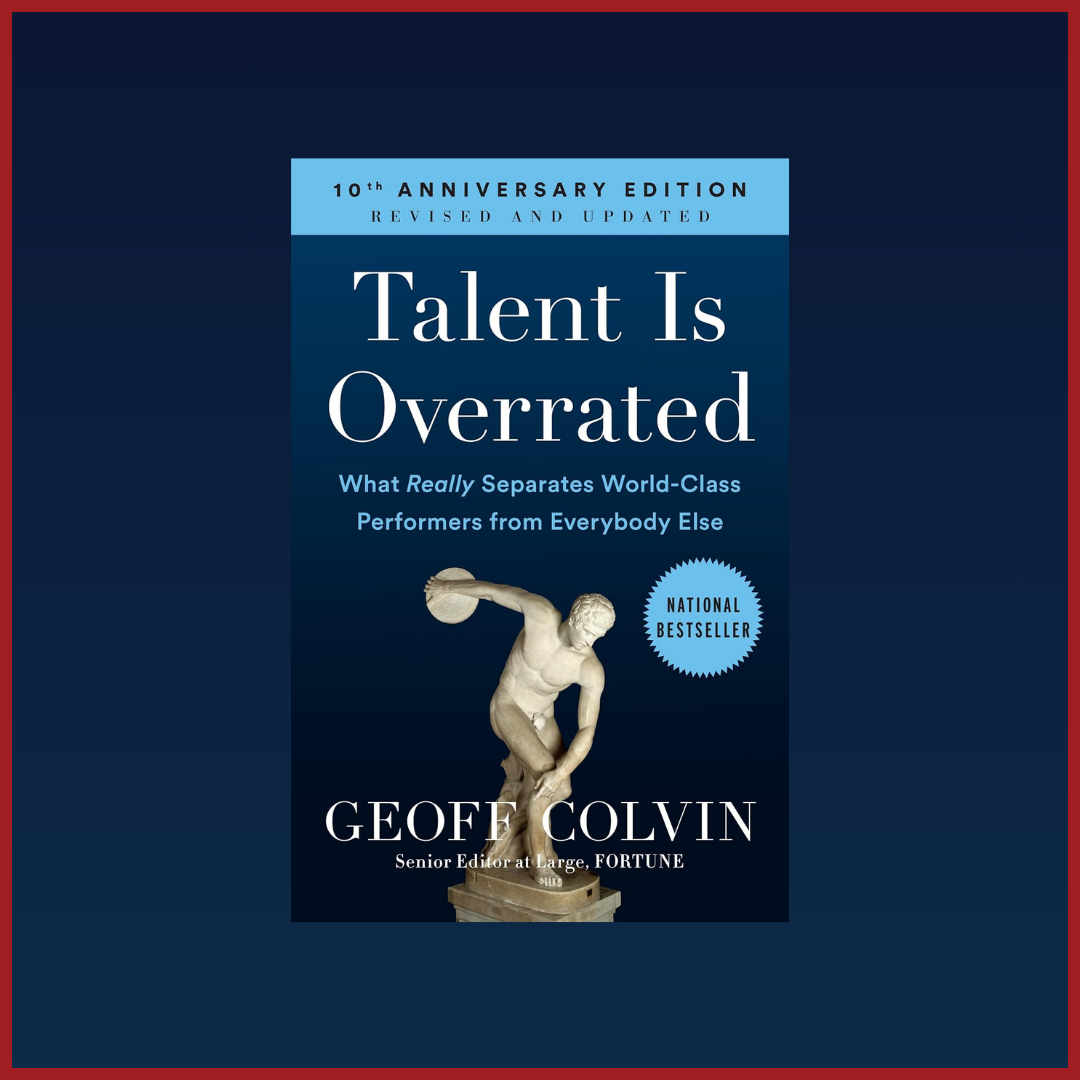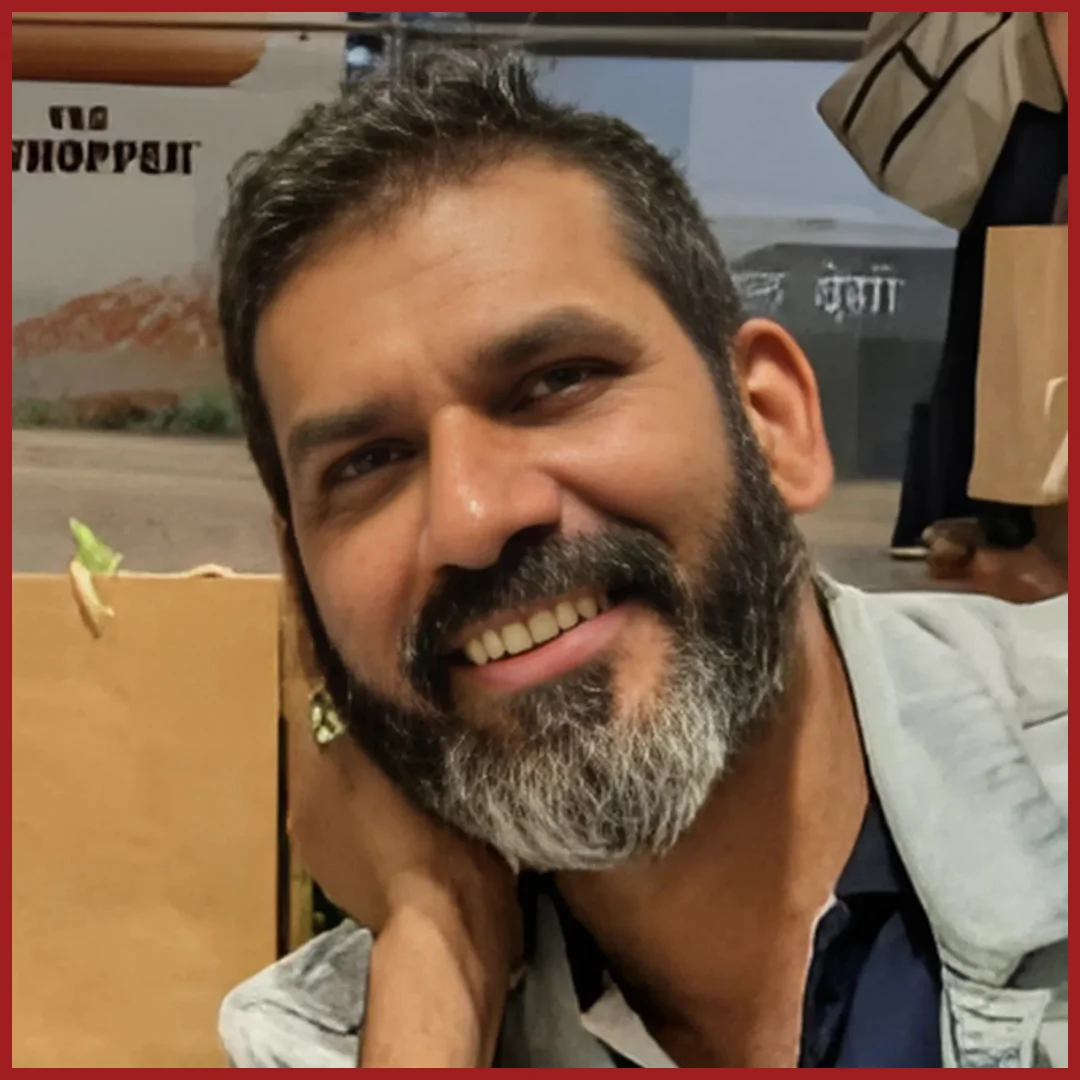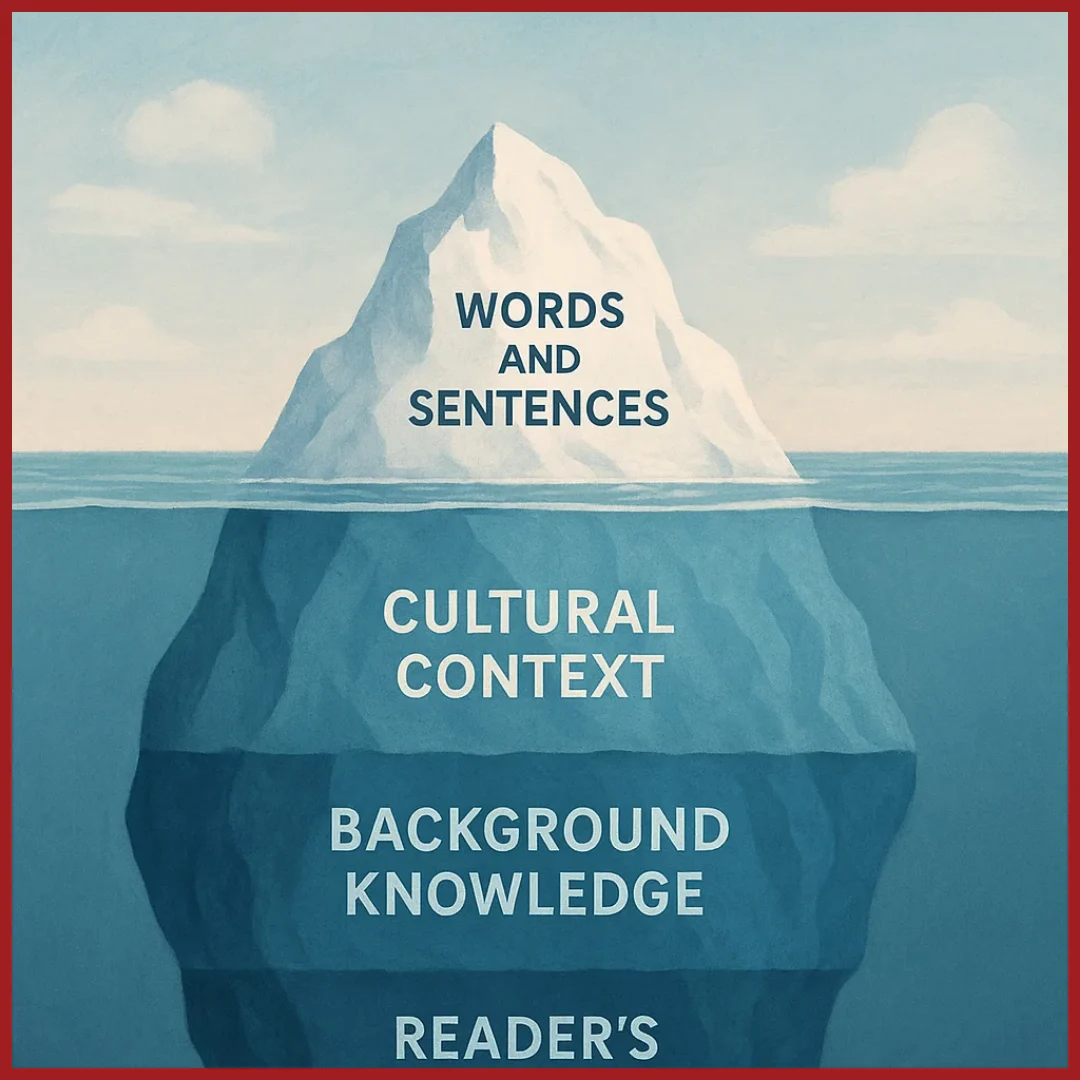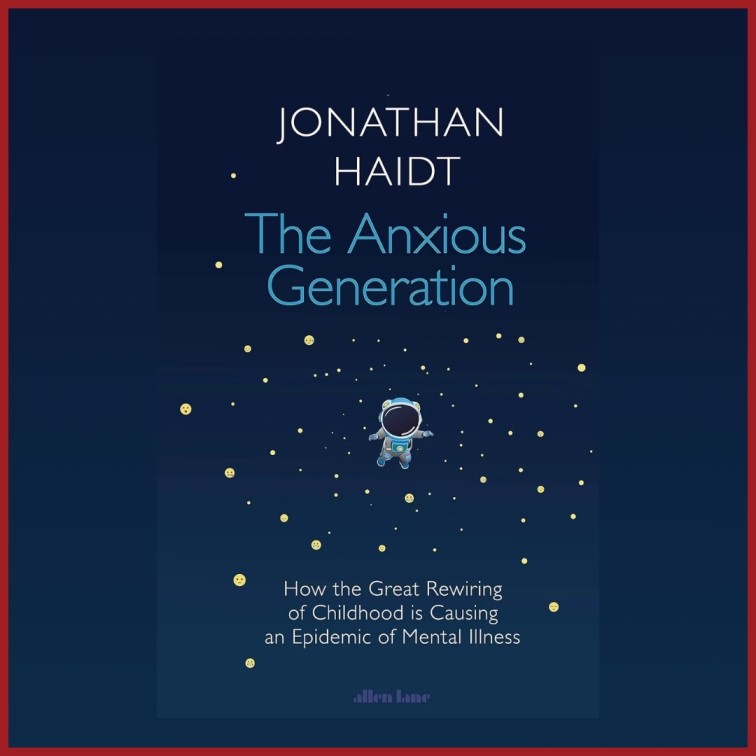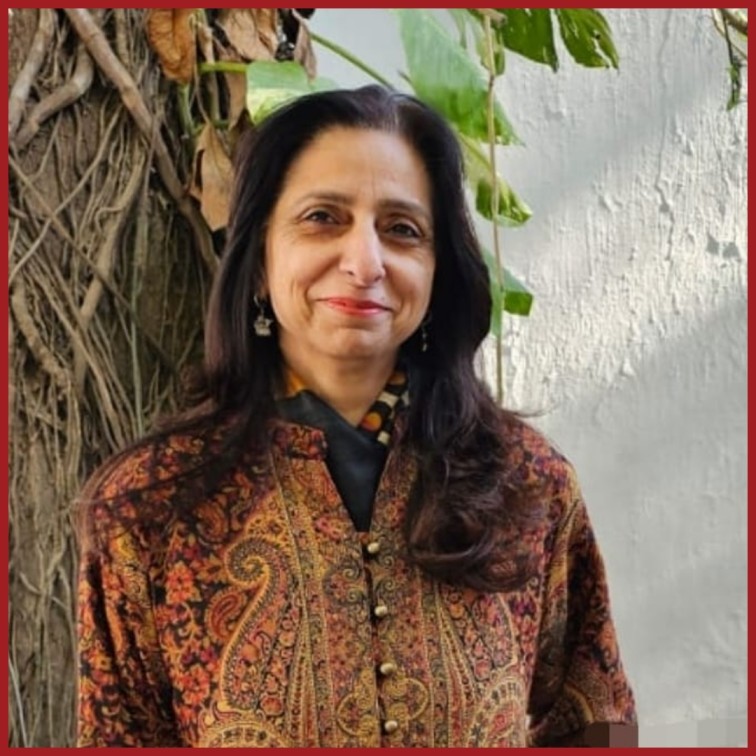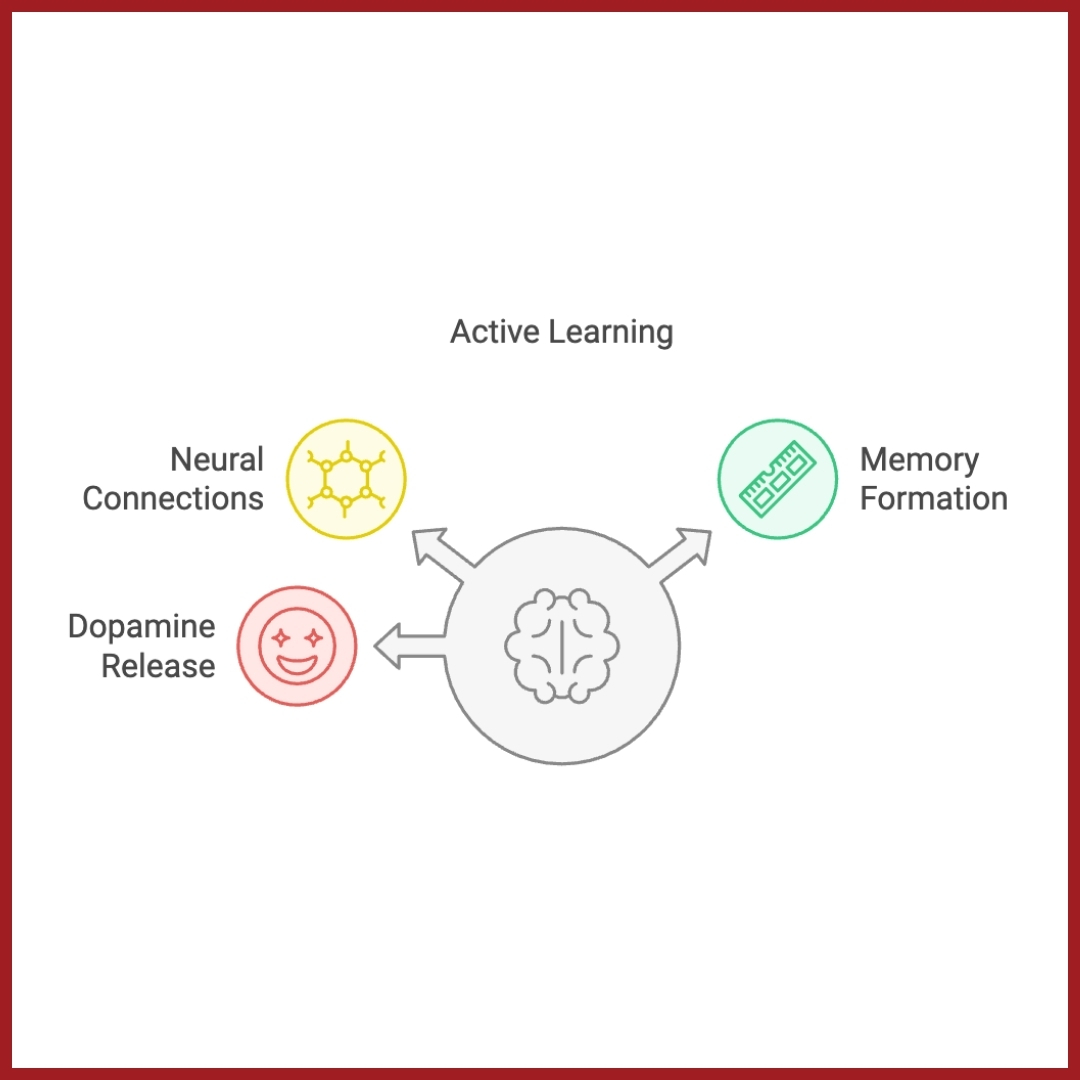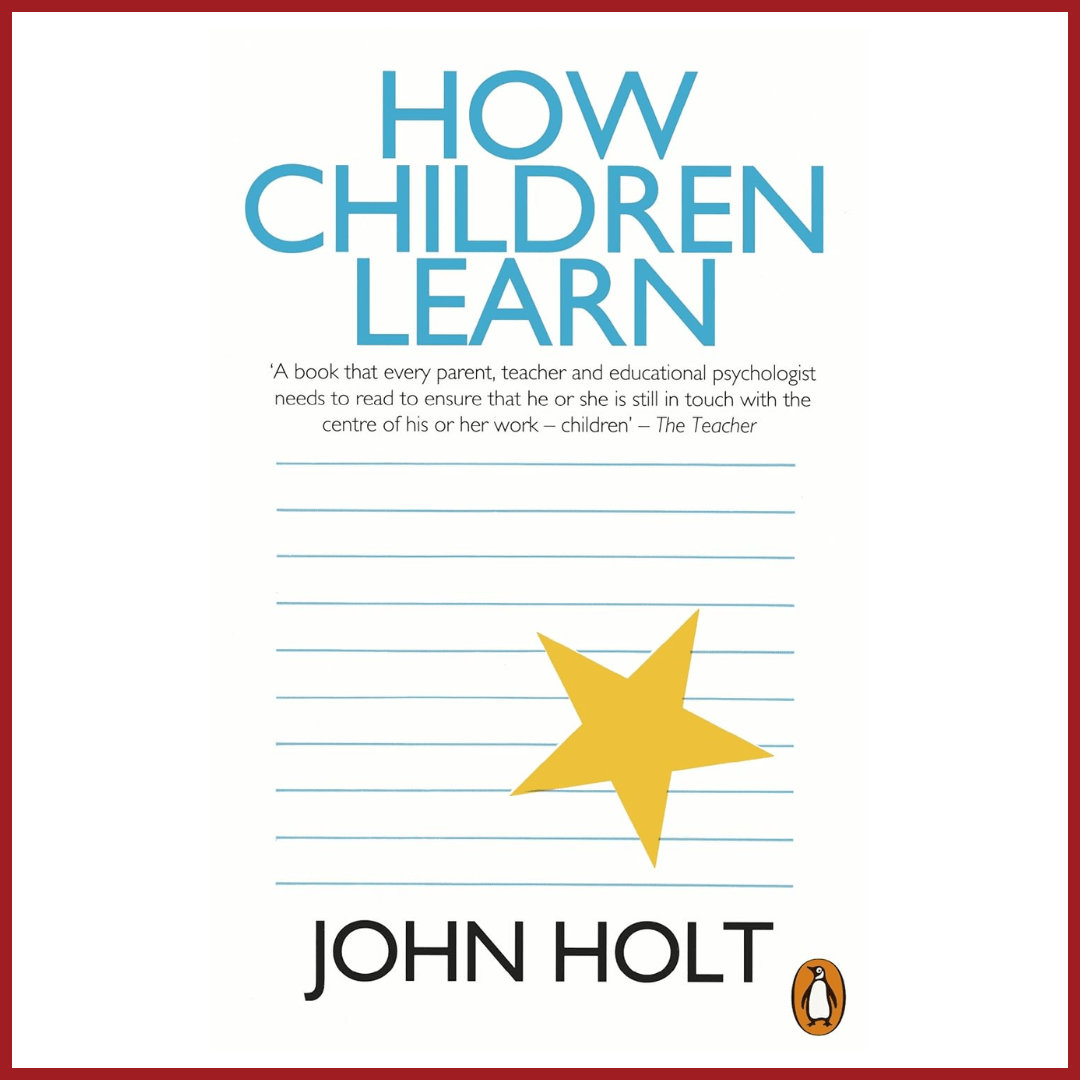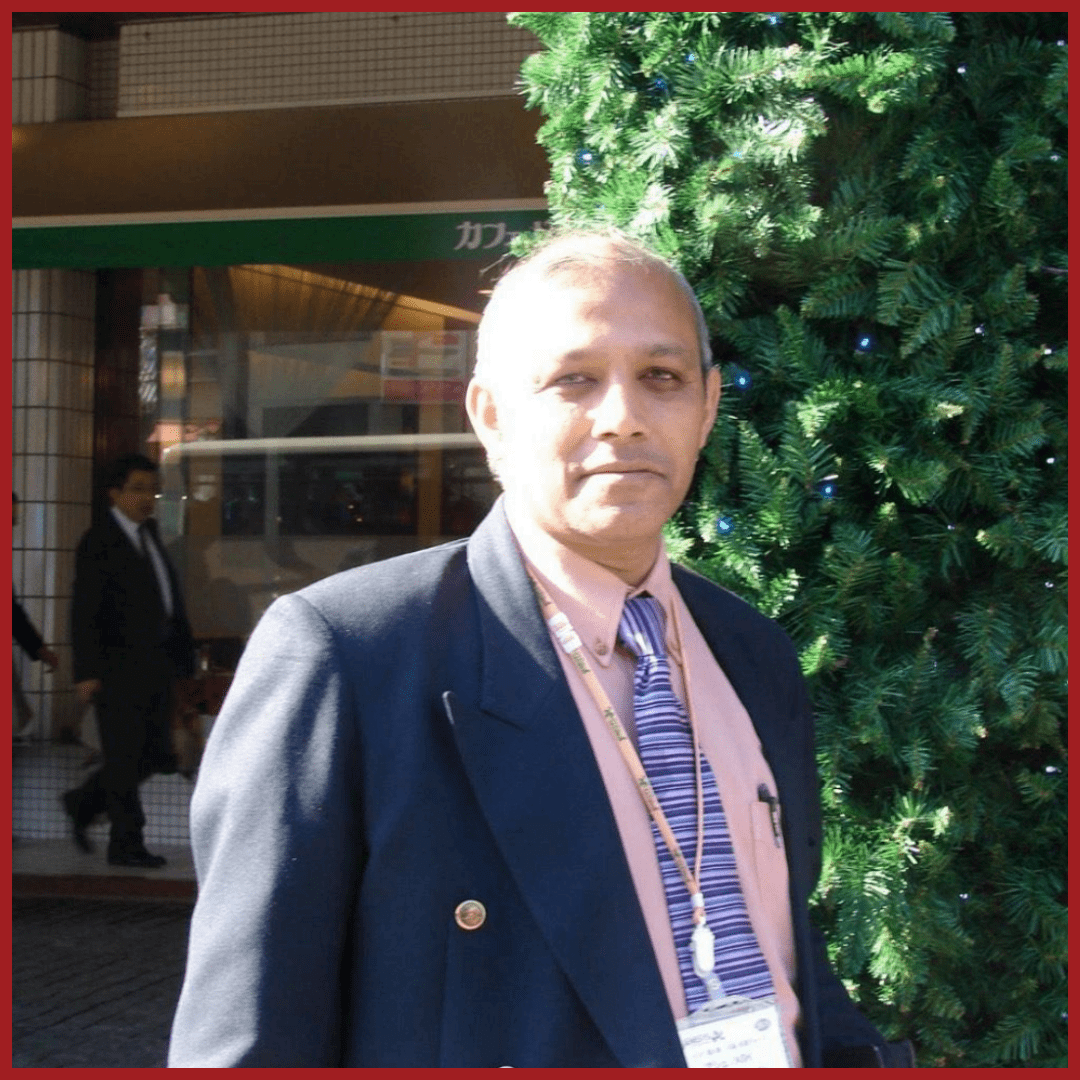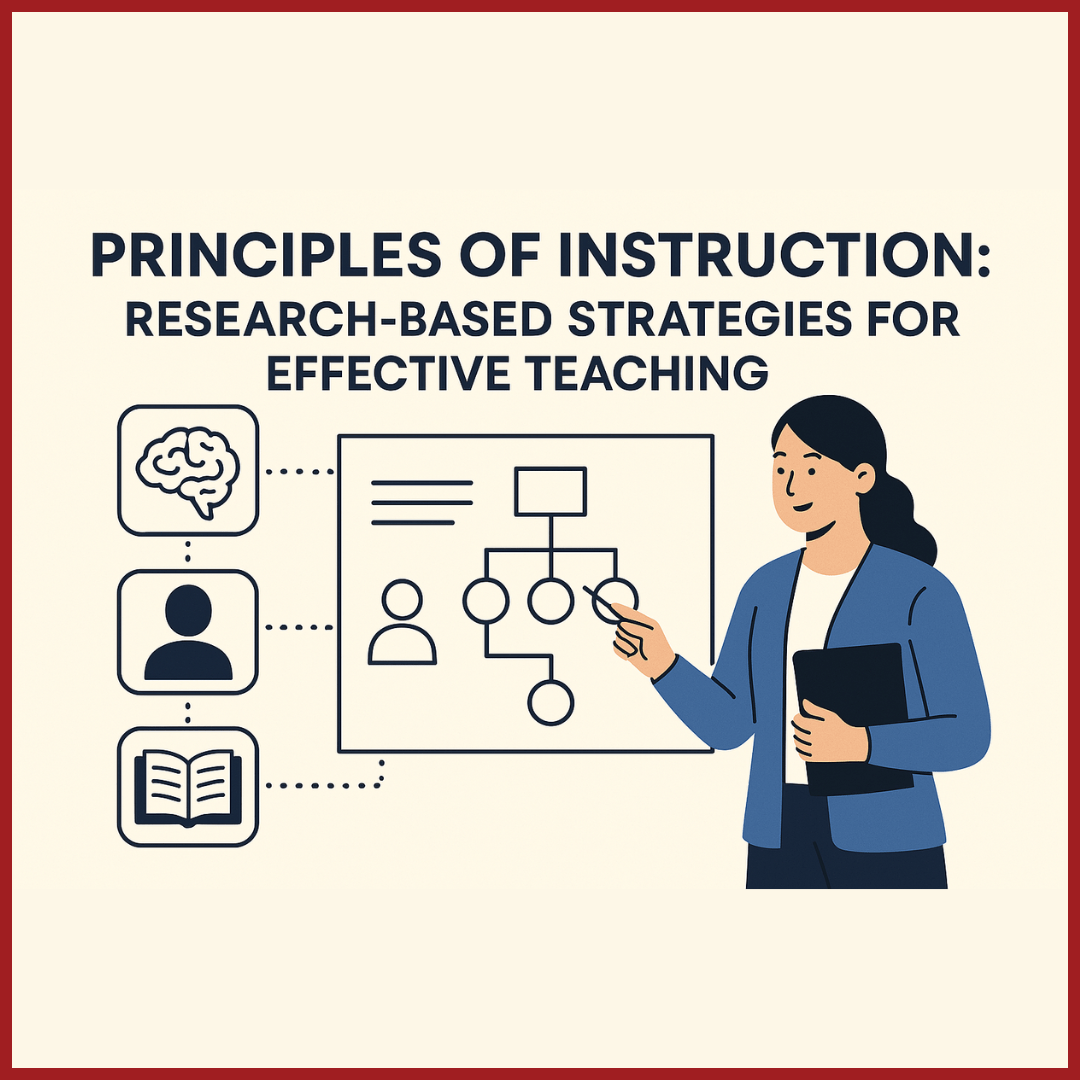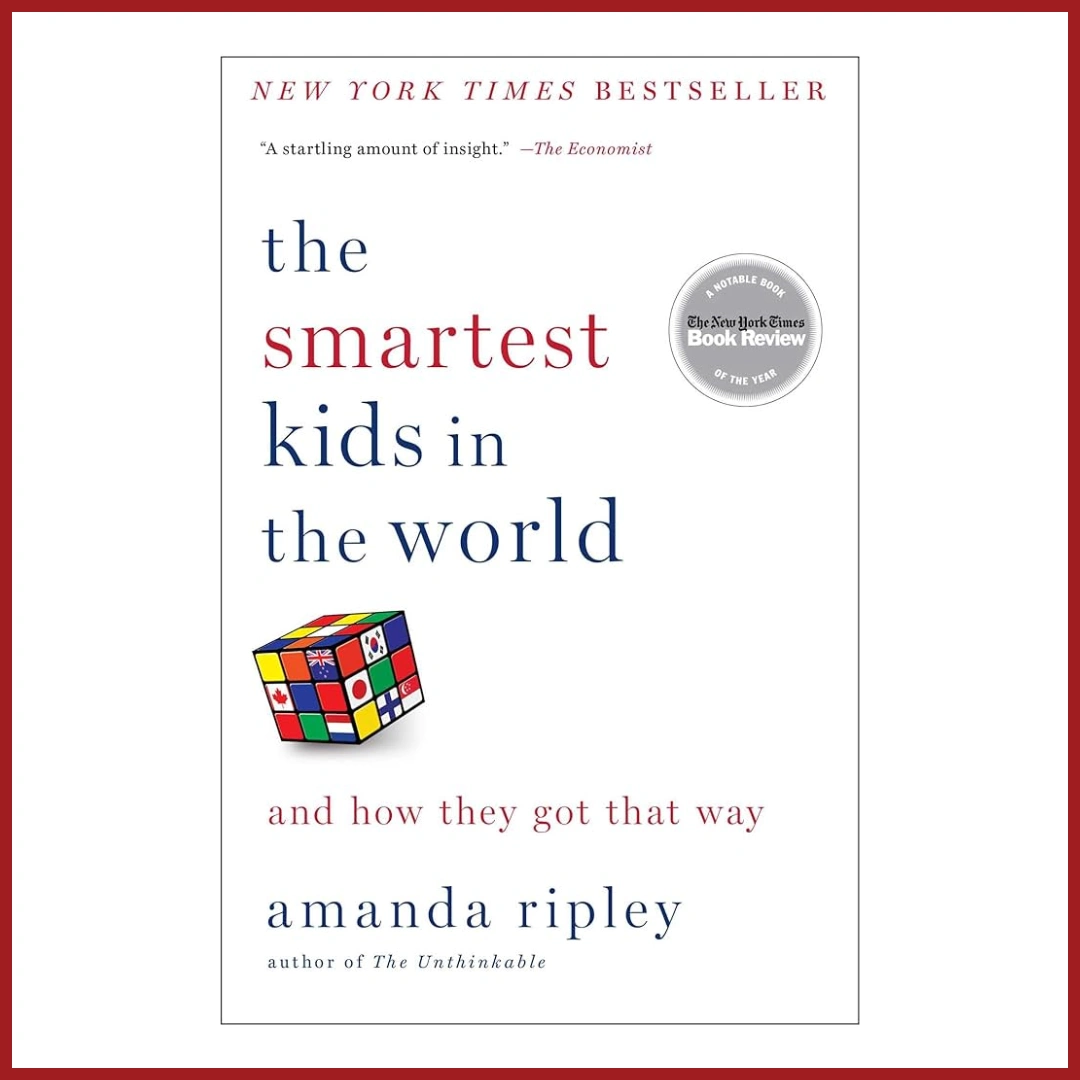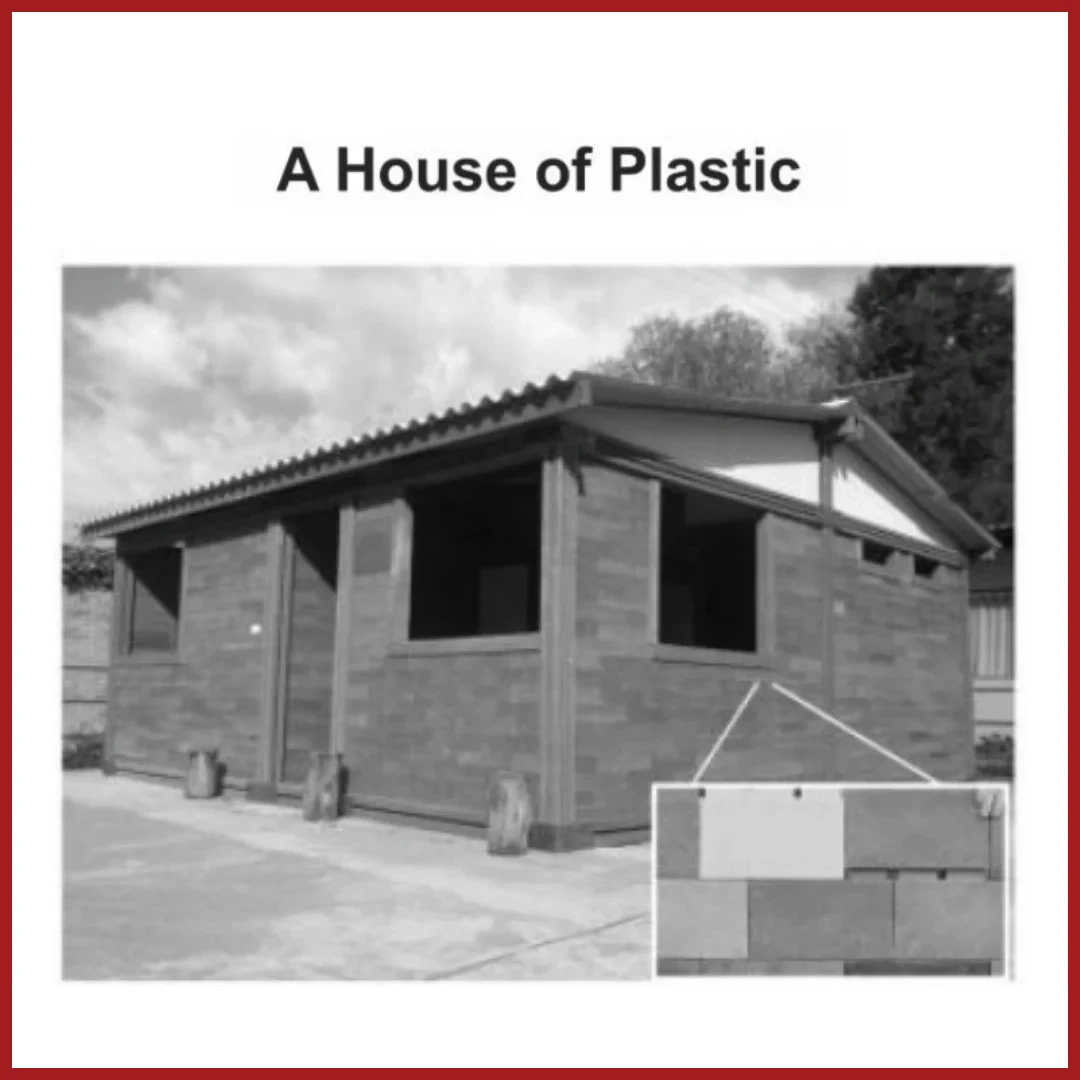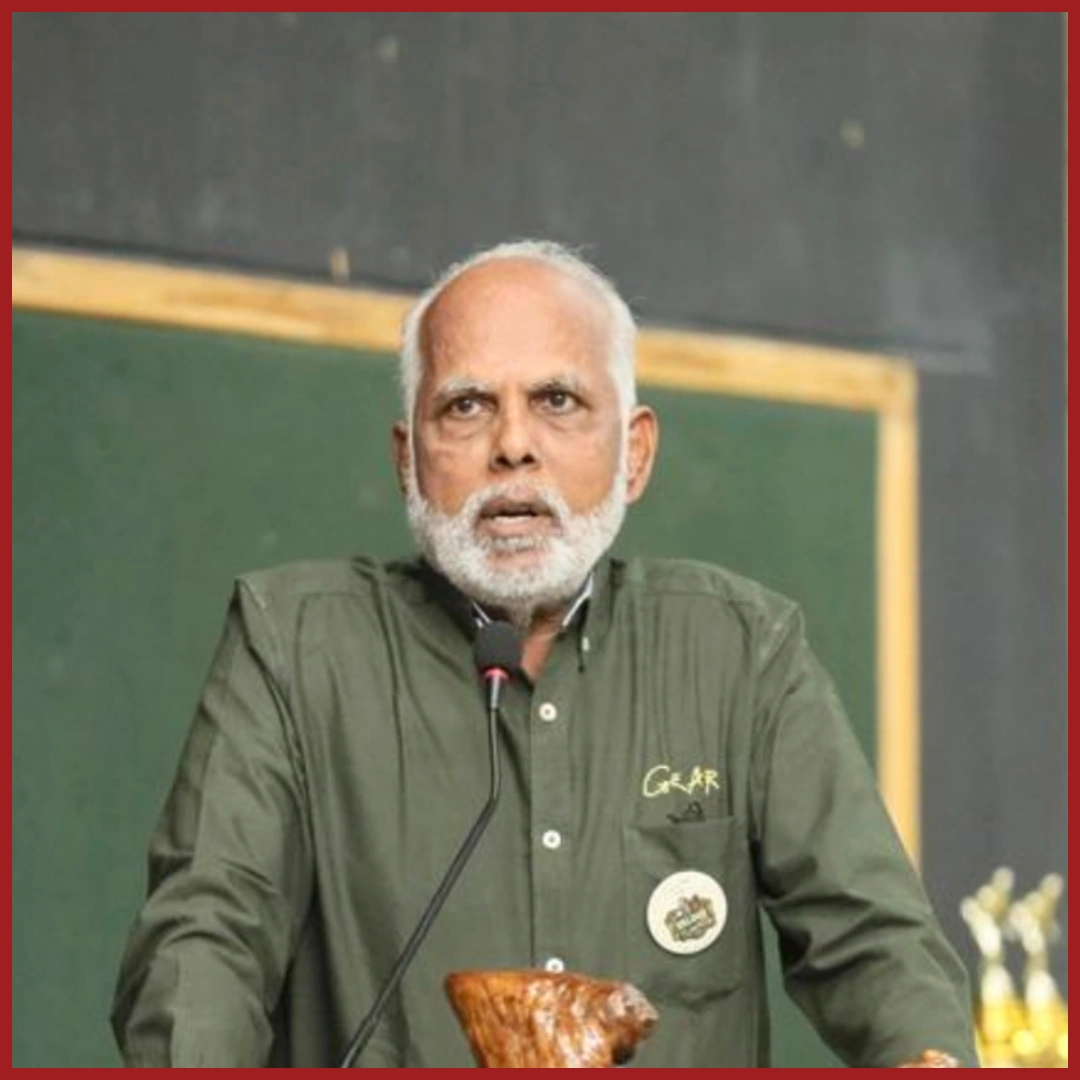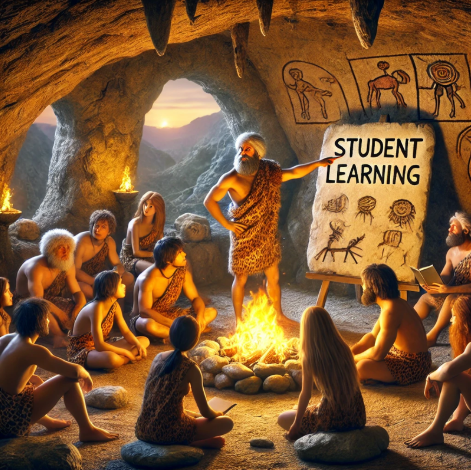Edition 08 | August 2025
Educators Speak: Founder’s Interview

Ms. Radhika Tandon
Ms. Radhika Tandon is the Founder and Director of St. Kabir Group of
Schools at Vadodara. With five decades of experience in education, she is
known for her pioneering work in joyful, values-based learning. Under her
leadership, the schools have grown into institutions that combine
academic excellence with holistic development. Her vision is rooted in
empowering children to become thoughtful, confident, and
compassionate individuals who are ready to navigate a dynamic world.
She is also a mentor to educators and an advocate for teacher-led
transformation in schools
Q1. What was the core philosophy behind founding St. Kabir Schools, and how has that vision evolved with the changing needs of learners over the years?
St. Kabir Schools were founded with a simple yet powerful vision: to make education learning with
fun. We believed that when children enjoy learning, it becomes meaningful and enduring. The
school also set out to help students understand the ‘Do’s and don’ts’ of life in a way that is both
comprehensible and sustainable—imbibing values through experience rather than instruction.
Over time, this vision has grown to encompass holistic development. We have placed strong
emphasis on oratory skills, physical well-being through diverse activities, and ensuring that the
education we provide is on par with metro-city schools. The core has remained—joyful, value
based learning—but it has evolved with the times, integrating digital fluency, critical thinking, and
socio-emotional learning in response to the needs of 21st-century learners
Q2. What is one non-negotiable belief you hold about teacher development, and what do you think motivates teachers to stay with St. Kabir year after year?
The one non-negotiable for me is continuous professional growth. We cannot expect students to
be lifelong learners if their teachers aren’t on the same journey. At St. Kabir, we invest in regular
workshops, collaborative sessions, and personal reflection opportunities. But what really
motivates our teachers to stay is the strong sense of belonging and shared purpose—we’re not
just teaching subjects, we’re shaping lives. When teachers feel valued and supported, when they
see the impact of their work in the eyes of their students, they stay and grow with the institution.
Q3. Every good school has experiments that didn’t work as planned. Can you share one such experience at St. Kabir and what it taught you about leading a learning organization?
In one instance, we tried to introduce a highly structured, pre-packaged curriculum module
designed externally. While it had great content, we quickly saw that it didn’t allow for teacher
creativity or contextual flexibility. The implementation didn’t resonate well with our faculty or
students. That experience taught us that even well-intentioned innovations must be rooted in the
school’s culture and context. It reaffirmed our belief in co-creating strategies with teachers, and
ensuring room for adaptability. A learning organization, I realized, must balance structure with
autonomy and must always remain open to feedback and iteration
Q4. Was there an early experience or a favourite teacher who deeply shaped your philosophy of education and inspired the way St. Kabir nurtures its students today
Yes, there was a teacher in my early years who never raised her voice, never imposed discipline
forcefully, yet commanded the deepest respect. She taught me that education is not instruction—
it is inspiration. Her grace, patience, and ability to make each child feel seen and heard stayed
with me. That human-centric approach underpins everything we do at St. Kabir. We focus not just
on what children learn, but how they feel while learning—respected, safe, joyful, and motivated.
Q5. If you were to mentor someone starting a new school in 2025, what would be your top three pieces of advice for building an institution that lasts and impacts learning deeply?
Enjoyed the read? Spread the word
Interested in being featured in our newsletter?
Check out the latest edition here.
Feature Articles
Join Our Newsletter
Your monthly dose of education insights and innovations delivered to your inbox!
powered by Advanced iFrame

